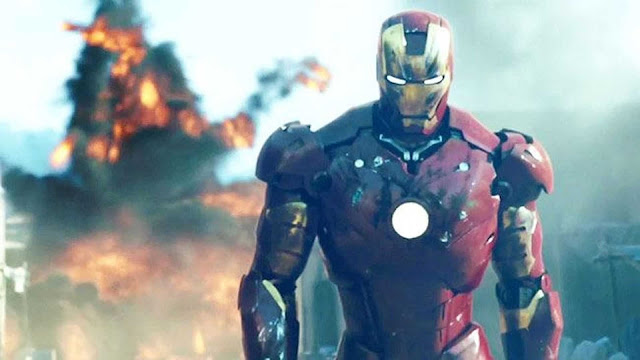He Named Me Malala (Movie Review)
HE NAMED ME MALALA
Release Date: October 2, 2015 (Limited), October 9, 2015 (Wide)
Starring: Malala Yousafzi
Genre: Documentary
Rating: PG-13 (for thematic elements involving disturbing images and threats)
Running time: 87 minutes
Malala Yousafzai, the young girl from the Pakastani Swat Valley area, is the primary focus of Davis Guggheim’s latest documentary. She was the girl that was shot in the head by the Taliban for daring to suggest that women should be allowed to go to school and have a chance at a descent education. She survived the assassination attempt, but suffered permanent damage to the left side of her face. The movie does work as a documentary, and it’s an important one that everyone should see, but it feels to me that it only scratches the surface of the context.
The movie’s title “He Named Me Malala” has both a influential and political meaning: her father named her Malalai who, from Afghan folk lore, rallied the locals into fighting the British troops after climbing to the mountain and giving an impassionate and moving speech about standing your ground and fighting back. She was shot by British troops. This story sort of mirrors Malala’s life, but the twist was that not only was she shot for speaking out, she miraculously survived it, and then she went on campaign stops to spread the message about what is happening not only in her homeland, but around the world as well. Or the fact that she went on a worldwide tour trying to promote her idealogical beliefs.
That’s the interesting part of Malala's story.
The other half is a little uninteresting, dealing with Malala’s attempt at living a normal life. Even though we do see her talk about her failing marks at school as a result of her extensive travels, or missing her old life in Swat Valley, we are also treated to images of her looking up cute boys on the internet or chatting with her friends on Skype. I get the attempt at trying to humanize her, but the problem is that, in the two or three years that have passed, she has grown into a cultural figure where her message could be reached to millions throughout the world. The scenes that provide backstory into the problems of the region and its aftermath of the assassination attempt, in which Malala and her father speaks out against both the Taliban rule and the religious context in general, are the most influential in getting the message of what is happening in the culture: they should’ve stuck with more of those.
Davis Guggenheim has made some intriguing documentaries before such as “An Inconvenient Truth” and “Waiting For Superman” which were powerful in conveying their message to a broader audience. For “Malala”, this was a film that only touches the surface of Malala’s life and struggle, and Guggenheim should’ve explored the topic to the fullest. Guggenheim went to her hometown and shot 18 months worth of footage, promising to create “an intimate portrait” of her. If only there was more footage to be found instead of what the audience will no doubt end up seeing on screen.





Comments
Post a Comment